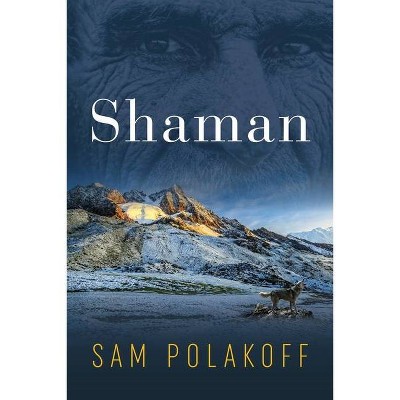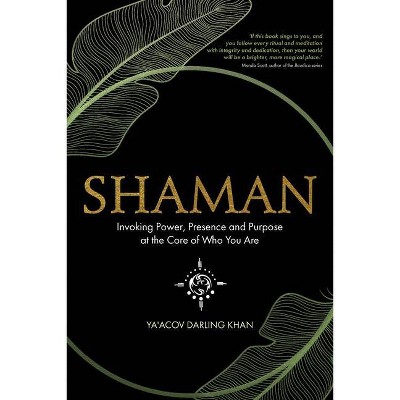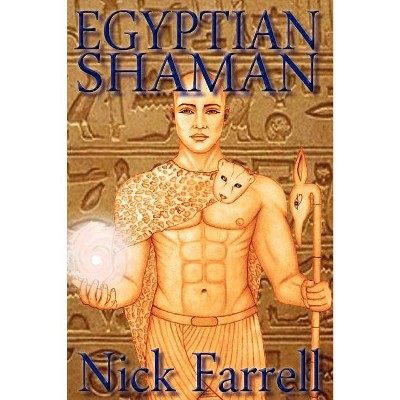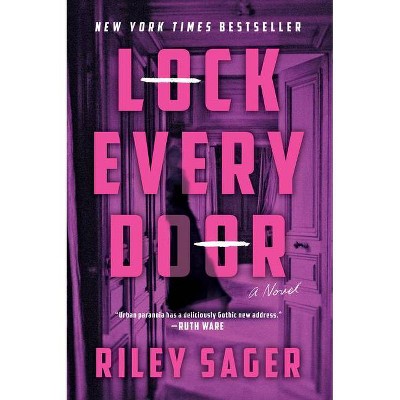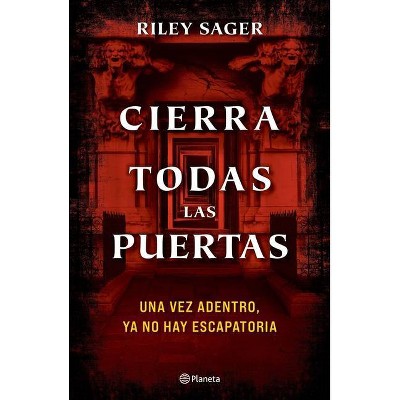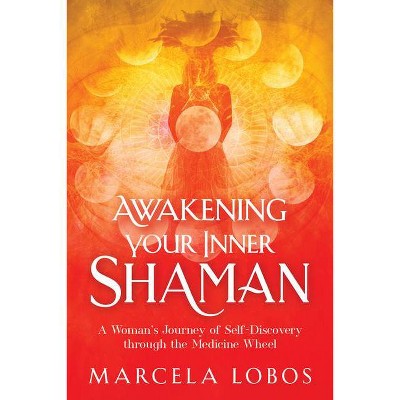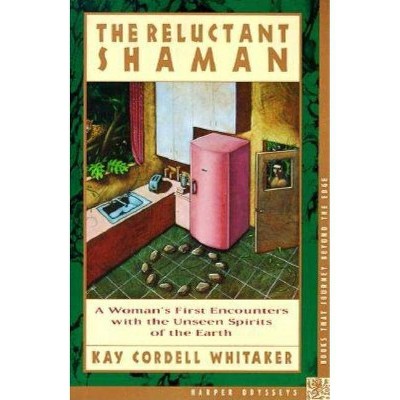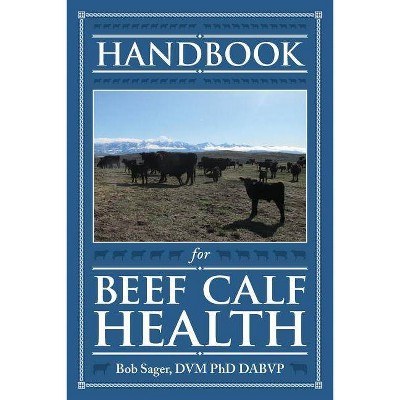Shaman - by Mike Sager (Paperback)
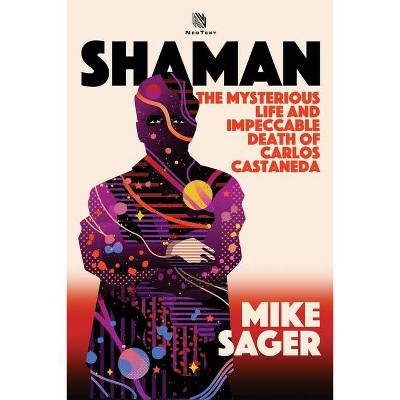
Similar Products
Products of same category from the store
AllProduct info
<p/><br></br><p><b> About the Book </b></p></br></br><p>Was he a breakthrough academic and visionary shaman? Or was he a sham? Either way, Carlos Castaneda shaped a generation of mystical thinkers and magic mushroom eaters. A year-long investigation into his mysterious life and impeccable death.</p><p/><br></br><p><b> Book Synopsis </b></p></br></br><p>Some say he was a breakthrough academic and visionary shaman. Others say he was a sham. Either way, Carlos Castaneda shaped a generation of mystical thinkers and magic mushroom eaters.</p><p><br></p><p>In 1968, at the height of the psychedelic age, Castaneda published <em>The Teachings of Don Juan: A Yaqui Way of Knowledge</em>, the first of twelve books describing his apprenticeship to an Indian shaman, and his journeys to the "separate reality" of the sorcerers' worlds.</p><p><br></p><p>Like Herman Hesse's <em>Steppenwolf </em>and Aldous Huxley's <em>The Doors of Perception</em>, <em>The Teachings of Don Juan </em>and its sequels became essential reading for legions of truth seekers. Castaneda himself became a cult figure-seldom seen, nearly mythological, a cross between Timothy Leary and L. Ron Hubbard: a short, dapper, Buddha-with-an-attitude who likened his own appearance to that of a "Mexican bellhop."</p><p><br></p><p>Though Castaneda had more than ten million books in print in seventeen languages, he lived in wily anonymity for nearly thirty years, doing his best, in his own words, to become "as inaccessible as possible." Most people figured he had a house somewhere in the Sonoran Desert, where he'd studied with his own teacher, a leathery old Indian brujo named Don Juan Matus.</p><p><br></p><p>In truth, Castaneda lived and wrote for most of that time in Westwood Village, a neighborhood of students and professors in Los Angeles, not far from UCLA and Beverly Hills. Upon his death in 1998, things became even more murky.</p><p><br></p><p>A year-long investigation into the mysterious life and impeccable death of Carlos Castaneda, as told by his wife, his adopted son, his mistresses, and his followers.</p><p><br></p><p><br></p><p/><br></br><p><b> Review Quotes </b></p></br></br><br><p><strong>Praise for Mike Sager</strong></p><p><br></p><p>"Sager plays Virgil in the modern American Inferno . . . Compelling and stylish magazine journalism, rich in novelistic detail." -<em>Kirkus Reviews</em></p><p><br></p><p>"Like his journalistic precursors Tom Wolfe and Hunter S. Thompson, Sager writes frenetic, off-kilter pop-sociological profiles of Americans in all their vulgarity and vitality . . . He writes with flair, but only in the service of an omnivorous curiosity and defies expectations in pieces that lesser writers would play for satire or sensationalism . . . A Whitmanesque ode to teeming humanity's mystical unity." -<em>The New York Times Book Review</em></p><p><br></p><p>"Sager's writing is strikingly perceptive. He writes like a novelist, stocking his stories with the details and observations other journalists might toss away." --KPBS Radio's "Culture Lust" blog</p><p><br></p><p>"Mike Sager writes about places and events we seldom get a look at-and people from whom we avert our eyes. But with Sager in command of all the telling details, he shows us history, humanity, humor, sometimes even honor. He makes us glad to live with our eyes wide open." --Richard Ben Cramer, Pulitzer Prize-winning author of <em>What It Takes: The Way to the White House</em></p><p><br></p><p>"Mike Sager is the Beat poet of American journalism, that rare reporter who can make literature out of shabby reality. Equal parts reporter, ethnographer, stylist, and cultural critic, Sager has for twenty years carried the tradition of Tom Wolfe on his broad shoulders, chronicling the American scene and psyche. Nobody does it sharper, smarter, or with more style." -Walt Harrington, author of <em>Intimate Journalism.</em></p><p><br></p><p>"I can recognize the truth in these stories-tales about the darkest possible side of wretched humanity. Sager has obviously spent too much time in flop houses in Laurel Canyon." --Hunter S. Thompson, author of <em>Fear and Loathing</em> <em>in Las Vegas</em></p><p><br></p><p><br></p><p><br></p><p><br></p><p><br></p><p><br></p><br>
Price History
Price Archive shows prices from various stores, lets you see history and find the cheapest. There is no actual sale on the website. For all support, inquiry and suggestion messagescommunication@pricearchive.us
